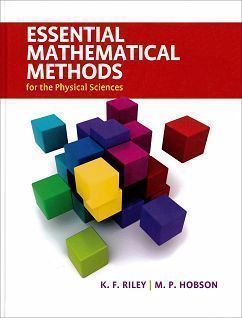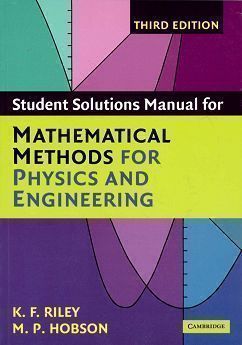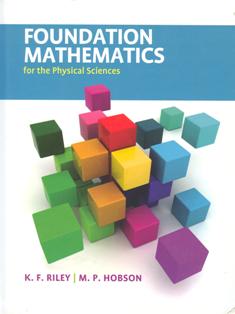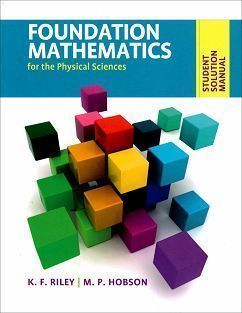書籍分類

Essential Mathematical Methods for the Physical Sciences
作者:K. F. Riley, M. P. Hobson
原價:NT$ 2,100
ISBN:9780521761147
版次:1
年份:2012
出版商:Cambridge University
頁數/規格:852頁/精裝單色
版次:1
年份:2012
出版商:Cambridge University
頁數/規格:852頁/精裝單色
內容介紹 本書特色 目錄 作者介紹
- Description
The mathematical methods that physical scientists need for solving substantial problems in their fields of study are set out clearly and simply in this tutorial-style textbook. Students will develop problem-solving skills through hundreds of worked examples, self-test questions and homework problems. Each chapter concludes with a summary of the main procedures and results and all assumed prior knowledge is summarized in one of the appendices. Over 300 worked examples show how to use the techniques and around 100 self-test questions in the footnotes act as checkpoints to build student confidence. Nearly 400 end-of-chapter problems combine ideas from the chapter to reinforce the concepts. Hints and outline answers to the odd-numbered problems are given at the end of each chapter, with fully-worked solutions to these problems given in the accompanying Student Solutions Manual.





